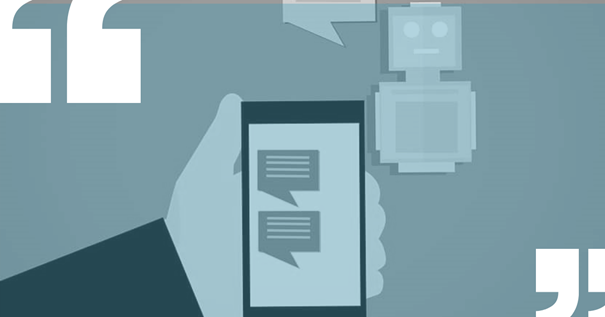22.02.19
In January 2019, Facebook’s chief executive Mark Zuckerberg announced his plans to integrate the company’s messaging services, namely Instagram, WhatsApp and Facebook Messenger. The apps would continue to work as stand-alone apps but the underlaying technical messaging infrastructure will be unified, “allowing people to communicate across the platforms for the first time”. But why does Facebook absolutely want to merge these platforms? And what does it mean for the customer?
A big business opportunity
In order to understand this decision, the main question is “Who would benefit from an integrated messaging platform, merging WhatsApp, Instagram and Messenger?”. The answer is simple: businesses. By integrating WhatsApp, Instagram and Messenger, Facebook offers companies one messaging management platform that reaches a larger and more diverse audience. It will be possible to connect with the 16-24 year old users of Instagram and WhatsApp, but also with the 25+ users of Facebook. But there’s more. As chat marketing is becoming more important the next years, there’s a lot of interest in a uniform messaging platform. More and more companies discover the added value of automated technology in the development of customer relationships. Chat bots more than human employees can embrace complexity and are cost-efficient. The application of advanced technologies such as robotic process automation is reshaping the support functions. By integrating its messaging platform structures, Facebook simplifies the chatbot management for companies who will only need one chatbot building platform for the three messaging apps.
What about email marketing?
What does the merger of chat platforms mean for email marketing? When talking about how chatbots are becoming the future for both marketing and sales, the comparison with email marketing is quickly made. While there are some clear advantages to chatbots over email marketing, chat replacing email as a marketing tool is a whole other discussion.
Though e-mail marketing is still big business today, it shows a lot of pitfalls for businesses. Customers are used to receiving lots of spam messages in their mailbox. Not surprisingly, companies have easy access to e-mail addresses and have the ability to send unsolicited emails. In theory, adding an opt-out option is mandatory but reality shows that the unsubscribe button is rather an exception. And yet, e-mail marketing is still standing because there’s simply no credible alternative for business-to-consumer communications. Fragmentation is the big issue here: as announced by SocialMediaToday, people use different messaging platforms which makes it harder to connect.
By merging the messaging functionality of the three platforms, Facebook creates a messaging system that could actually offer businesses an alternative to email marketing.
Convenience for the customer
The integration offers several big advantages, of which the most important one: more convenience for the customer. Facebook says that they want to “build the best messaging experiences we can” by making the app “fast, simple, reliable and private


